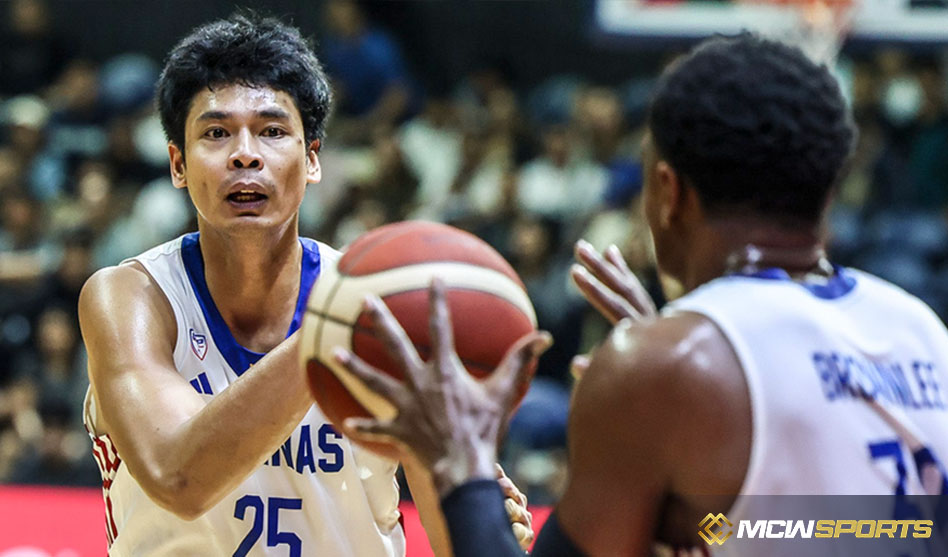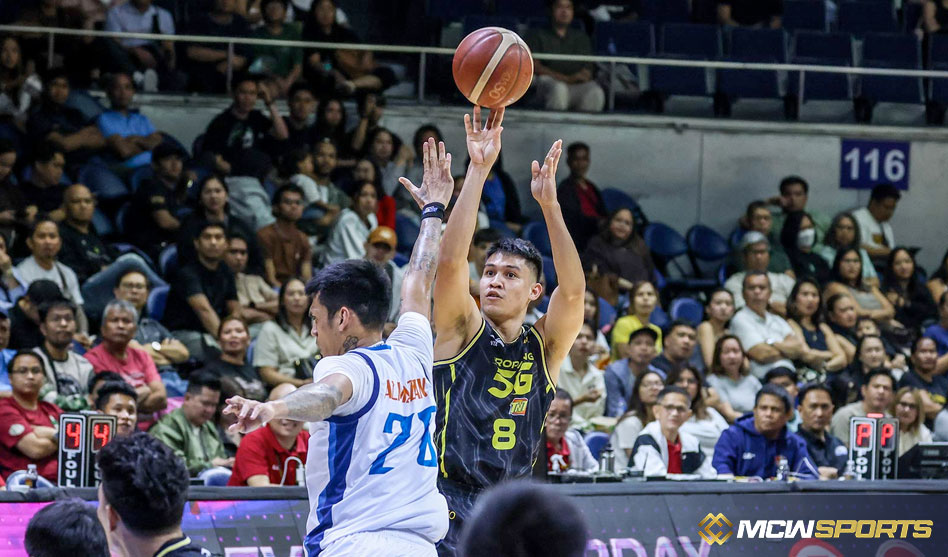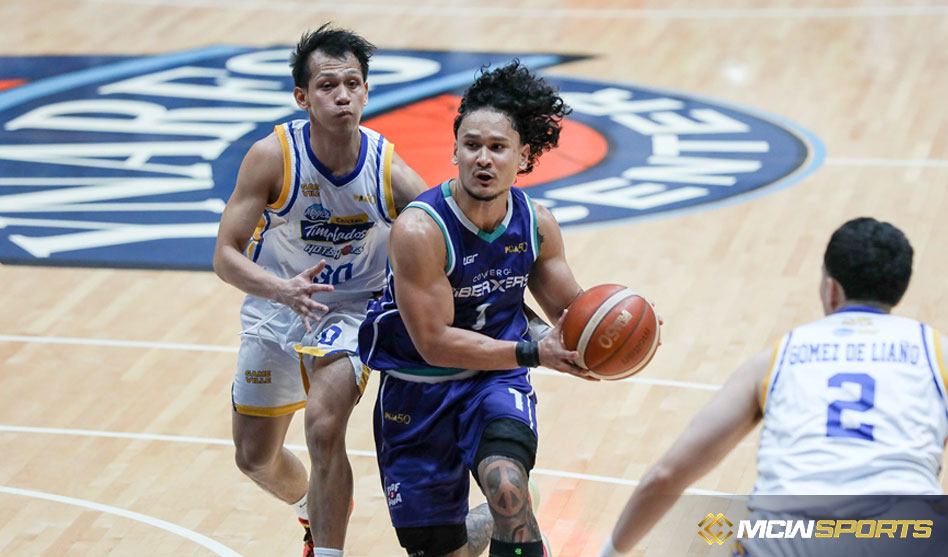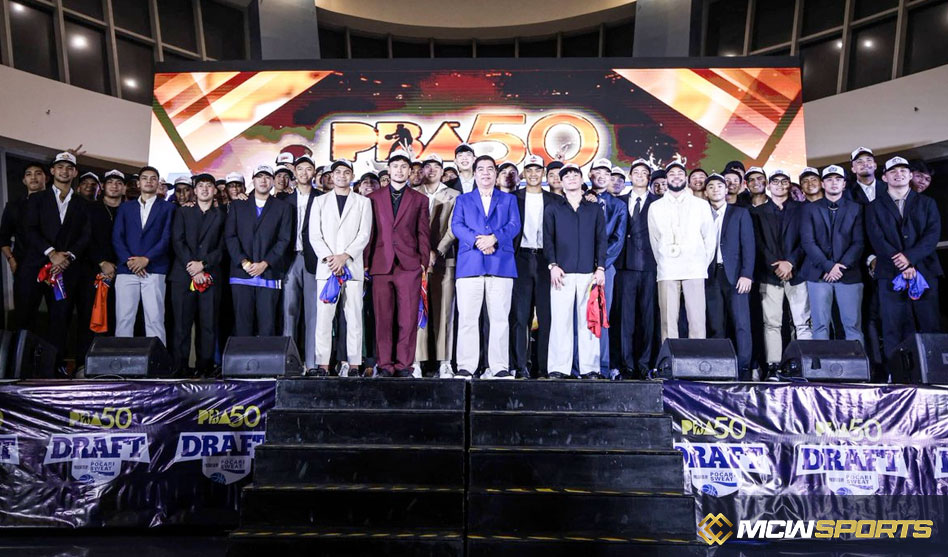MANILA, Philippines – According to seasoned forward Japeth Aguilar, exposing younger players to international competition can boost their self-esteem and quicken their growth. As one of Gilas Pilipinas’ captains, Aguilar has witnessed how international competitions develop players’ mental toughness and skill, two qualities he believes are critical for success against opponents from around the world.
Aguilar recalls the leaders who mentored him during his early years on the national team. He mentioned players such as Jimmy Alapag and Gabe Norwood whose attitudes and professionalism left a strong impression. They were consistent, well-behaved, and totally dedicated to the effort needed to compete globally. Aguilar now makes an effort to uphold the same standard. He feels that new Gilas players need to witness consistency in practice and daily routines, and that leadership should not be ostentatious or loud.
International competitions push athletes into circumstances that are very different from their comfort zones, he explains. Young Filipino players must learn to deal with opponents’ heightened physicality, unfamiliar defensive strategies, and varied rhythms. Every international trip has its share of difficulties. These experiences become lessons that no local league can completely duplicate, whether it be the lengthy commute, the larger courts, or the pressure of playing more seasoned teams.
According to Aguilar, young players undergo a transformation when they thrive in certain settings. They become more self-assured. They return to practice more focused and have a greater comprehension of the game. They play with greater purpose in the PBA or during future national team stints because they are confident in their ability to compete at that level.
Additionally, he highlights the importance of shared experience. Campaigns abroad foster a different kind of camaraderie. Together, players endure difficult games, persevere through exhaustion, and overcome hardship as a team. According to Aguilar, this improves team bonding in ways that regular exercise cannot. He claims that the trust that is developed by traveling frequently helps the team get through challenging times when they get back home.
Aguilar reminds us that traveling abroad is only advantageous when combined with self-control and humility. Young players need to be open to learning, listening, and adapting. They need to be led, modeled, and held to standards by veterans. He thinks that a more resilient and competitive Gilas program may be produced by combining youthful vitality with seasoned leadership.
Aguilar’s message is based on the conviction that providing these opportunities to young players is an indication of something significant. It demonstrates to them that they are a part of Philippine basketball’s long-term future. It conveys to them that the nation expects them to develop into the next generation of leaders and that the coaching staff has faith in them. This sense of accountability serves as a catalyst for their growth.
For Aguilar, achieving success today is not the main objective. Building a core that can regularly compete in upcoming events is the goal. Exposure, self-assurance, mentoring, and teamwork experience are necessary for that. He thinks that if the present group of young Gilas players keeps up their international playing time and maintains their solid habits, they have the potential to go to a higher level.
Future betting lines featuring the national team may be significantly impacted by the growing experience of Gilas players on the international scene. Young athletes with international competition experience typically perform more composedly, which could lessen match outcome unpredictability. Because of this consistency, it may be more desirable to support Gilas in straight win markets, particularly in qualifiers where opponents mainly rely on physicality rather than sophisticated systems.
Younger players who are more confident may play faster and take more offensive chances, which could affect match totals. When playing teams that have trouble defending speedy guards or athletic wings, this might drive some games toward higher scoring and make overs more worthwhile. Prop bets on up-and-coming talent, however, might also be worthwhile. In early tournament games, players who return from playing abroad frequently exhibit increased aggression, making them sleepers for assists, rebounds, or scores.
All things considered, Aguilar’s faith in the development of young Gilas players implies that wagerers should keep an eye on how these players fit into the rotation. Both short-term and long-term betting markets featuring the national team may benefit from their growing roles and enhanced mental toughness.

 English
English










